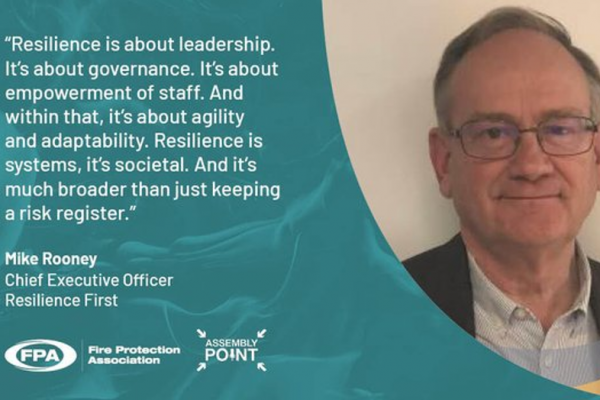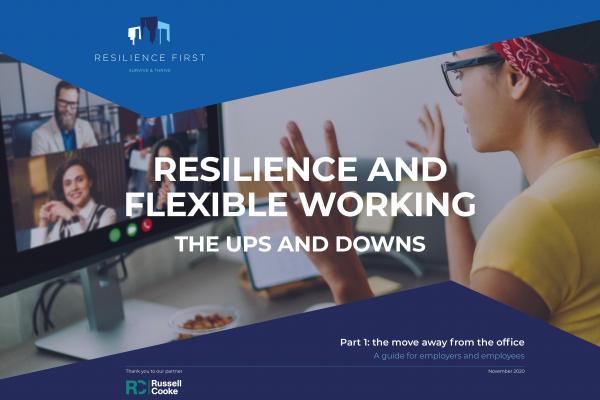The article is the second in a series on resilience for the magazine with the intention of raising awareness of the topic of resilience and examining its application in various domains. The full article can be read here.
As the preparations for the Tokyo 2020 Olympic Games pick up pace, including plans to deal with all eventualities, it is timely to look at the Japanese approach to resilience and what lessons exist for preparing its population to face major challenges by promoting what is called ‘social capital’, namely the value of the bonds in a community that enable it to function effectively.
Both ‘soft’ and ‘hard’ skills are essential for long-term recovery but the Japanese appear to have recognised – perhaps from bitter experience – that it is the social elements that give societal strength. Here are some of the attributes highlighted in the experiences surrounding the Fukushima incident but could apply anywhere, any time:
- Trust: The need to know and be able to rely on your neighbour and community – before an event.
- Empowerment: The ability to be assured that others know what to do when confusion reigns – a buddy system of care gives reassurance to both parties.
- Leadership: Clarity of direction and a convincing message can overcome many other failings.
- Networking: Help can come from others who know you in advance, and you can help them.
- Culture: A less socially homogenous society (as Japan is becoming) may challenge cohesion but can also bring new perspectives and skills to the arena.
- Civic engagement: Having an investment in society brings collective responsibility as well as empowerment.
For further reading, please visit our Knowledge Hub.



